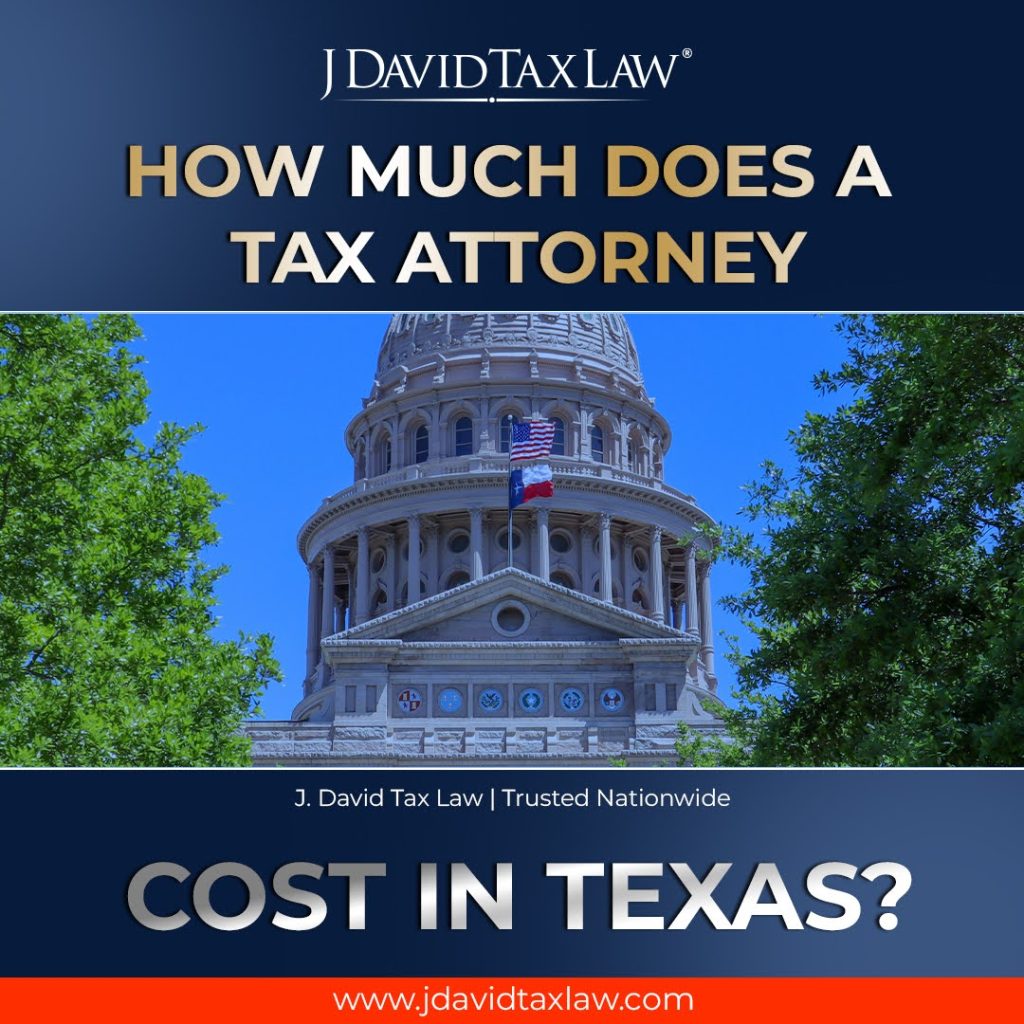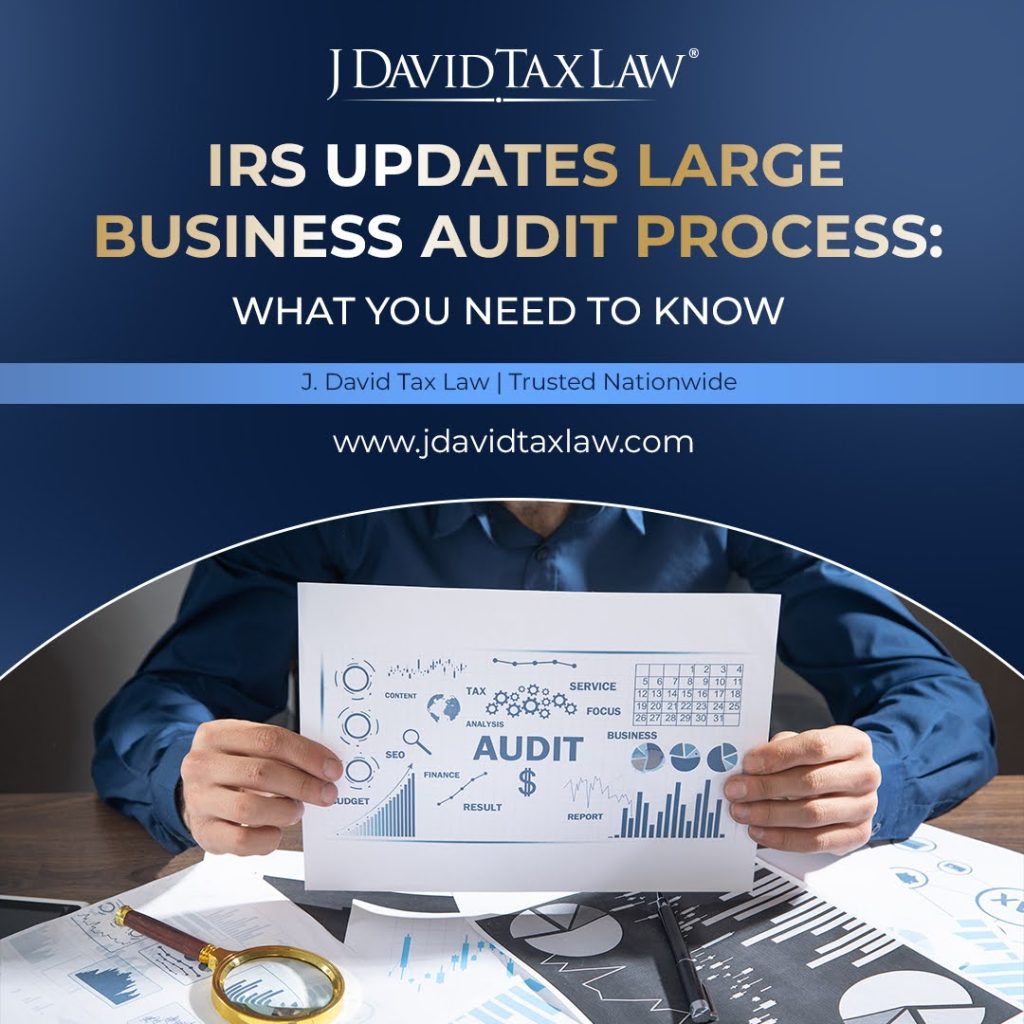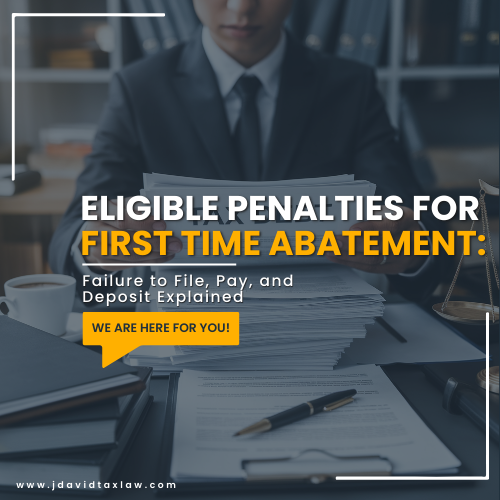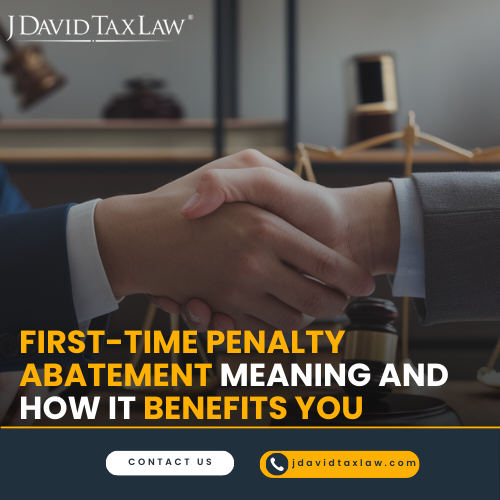Understanding The Cost Of A Tax Attorney in Texas
If you are facing serious IRS or state tax debt in Texas, a qualified tax attorney typically costs between $200 and $500 per hour or $3,000 to $40,000+ for most flat-fee services, depending on the complexity of your case. More involved matters like tax court litigation can start at $8,000 and climb higher.
The challenge for many Texans is not just the price, it’s knowing exactly what you’re paying for. Too often, large tax resolution companies hide fees, use high-pressure sales tactics, and promise unrealistic results.
At J. David Tax Law, every case starts with a free consultation and a clear, upfront quote so you understand your options before spending a dime. You will work directly with experienced tax attorneys, never salespeople, and you’ll know exactly how your fees are calculated from day one.
The IRS is Forgiving Millions Each Day. You Could Be Next.
How Texas Tax Attorney Costs Are Structured
When you hire a tax attorney in Texas, you’ll typically encounter one of four common billing methods.
Hourly Rates
Most tax attorneys in Texas bill by the hour, with rates often falling between $200 and $500, depending on experience, city, and case complexity. In larger metro areas, like Dallas or Austin, rates can push toward the higher end, while attorneys in smaller markets may be more affordable. Hourly billing works best for shorter matters where you want to pay only for the time actually spent on your case.
Flat Fees
Flat fees offer predictability by setting a fixed cost for a specific service, such as filing an Offer in Compromise or handling a penalty abatement request. Texas, flat fees often range from $3,000 to $40,000 for mid-complexity cases, though highly complex litigation can be higher. This option is ideal if you want to avoid surprise billing and know exactly what you’ll owe from the start.
Retainers
A retainer is an upfront deposit from which the attorney draws fees as they work on your case. Retainers in Texas tax law matters usually run from $2,000 to $10,000, depending on the estimated workload. This model is common for cases that will require months of negotiation or ongoing IRS interactions.
Contingency Fees
Less common in tax law but still used in certain scenarios, contingency fees mean the attorney only gets paid if they win a financial recovery for you. This is more typical in refund-related cases or litigation involving damages. Fees often range from 20% to 35% of the amount recovered.
At J. David Tax Law, we make billing straightforward without any vague “investigation phase” charges or hidden upsells. You know your cost before you sign, and you’ll have a tax attorney, not a salesperson, working your case from day one.
Cost Ranges by Common Tax Services in Texas
Once you understand how a Texas tax attorney bills, it’s easier to see what those fees translate to in real cases. Tax issues vary widely in complexity, so the cost depends on how much time, documentation, and negotiation resolve them.
| Service Type | Average Cost in Texas | What It Covers |
|---|---|---|
| Installment Agreement | $3,000 – $40,000 | Setting up an IRS or Texas Comptroller-approved payment plan that fits your budget. |
| Offer in Compromise (OIC) | $3,000 – $40,000 | Negotiating to settle your tax debt for less than you owe, including all IRS paperwork and communications. |
| IRS Audit & Appeals | $2,500 – $6,500 | Reviewing returns, organizing evidence, representing you in audit meetings, and filing appeals if needed. |
| Penalty Abatement | $1,200 – $2,500 | Requesting the removal or reduction of IRS or state penalties for late filing or payment. |
| Tax Court Litigation | Starts at $8,000 | Filing legal motions, court appearances, and preparing for trial. |
| General Tax Debt Resolution | $3,000 – $40,000 | Catch-all for wage garnishment release, lien removal, and similar urgent matters. |
In Texas, prices are lower than in “upscale” states, like California or New York, due to a generally lower cost of living. That said, expect higher quotes in major metros like Houston, Dallas, and Austin compared to smaller cities like Lubbock or McAllen.
At J. David Tax Law, your quote is based on your case requirements, not your zip code, and is given upfront so you can make an informed decision before committing.
Factors That Affect Texas Tax Attorney Costs
Even with average price ranges in mind, two clients in Texas with seemingly similar tax issues could receive very different quotes. That’s because several factors drive the final cost:
Case Complexity
Straightforward matters like requesting penalty abatement or setting up a simple installment agreement require fewer hours and less back-and-forth with the IRS or Texas Comptroller. Complex cases, such as multi-year unfiled returns, large business audits, or tax court litigation, demand far more research, documentation, and negotiation.
Attorney Experience
Highly experienced attorneys with a proven record in resolving IRS and state tax disputes command higher fees. However, they may also resolve your case faster and more effectively, which can save money in the long run. For example, firms like J. David Tax Law assign cases directly to qualified tax attorneys from the start, avoiding the delays and missteps that come from being passed between sales staff and unlicensed junior preparers.
Location
Attorneys in high-cost urban areas like Dallas, Austin, and Houston often charge more than those in smaller cities, reflecting both demand and overhead costs. That said, the right firm will base fees more on the specifics of your case than your zip code.
Billing Structure
Choosing between hourly rates, flat fees, retainers, or contingency fees changes how and when you pay. Understanding this up front can help you select the model that best fits your financial situation.
Additional Costs
Court filing fees, expert witnesses, and document retrieval can add to the bill. A transparent attorney will list these separately and explain them before they become expenses.
How to Budget for a Tax Attorney in Texas
Even if you know the rates, planning for legal fees can prevent surprises and make it easier to move forward with representation.
Get a Written Estimate Upfront
Always request a detailed quote that lists the services, the billing structure, and any potential additional costs. Transparent firms like J. David Tax Law provide this before you sign an agreement, so you can decide without feeling pressured.
Match the Fee Structure to Your Situation
If you have a one-time issue like penalty abatement, a flat fee can help you budget. For ongoing or unpredictable cases, hourly billing or a retainer may be more practical.
Ask About Payment Options
Some attorneys allow installment payments, especially for larger cases. This can make quality legal representation accessible without draining your finances at once.
Weigh Value Over Price Alone
Choosing solely based on the lowest cost can backfire if the attorney lacks experience or mishandles your case. A skilled lawyer might cost more upfront, but could save you thousands in reduced penalties or faster resolutions.
Making the Right Choice on Texas Tax Attorney Costs
Hiring a tax attorney in Texas doesn’t have to be a guessing game. When you understand how fees are structured, what typical services cost, and the factors that influence those costs, you can make an informed decision that fits both your needs and your budget. The right attorney can protect your finances, resolve disputes faster, and shield you from costly mistakes.
For an accurate quote tailored to your tax situation, contact J. David Tax Law for a free consultation and get clarity before you commit.



















